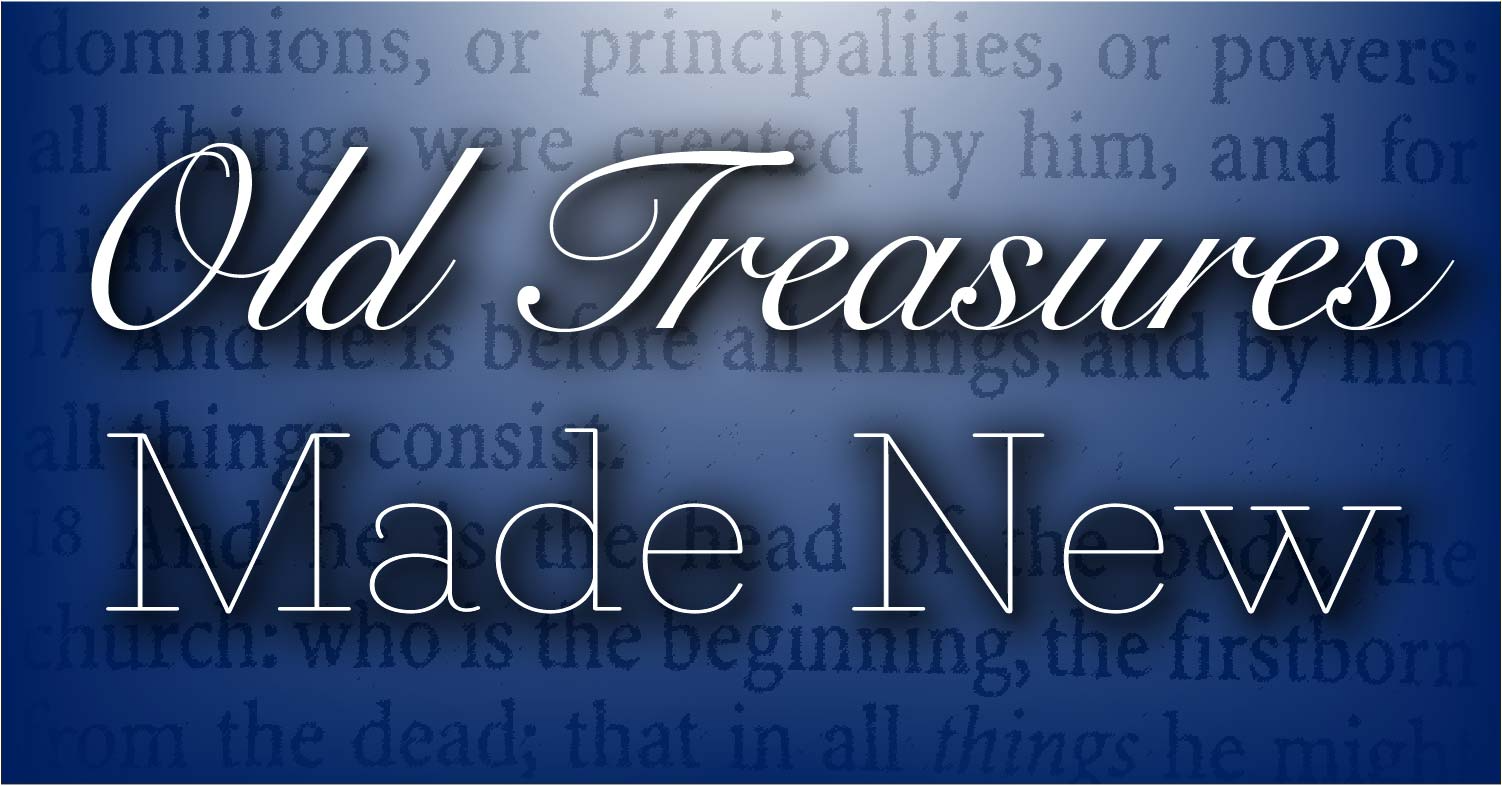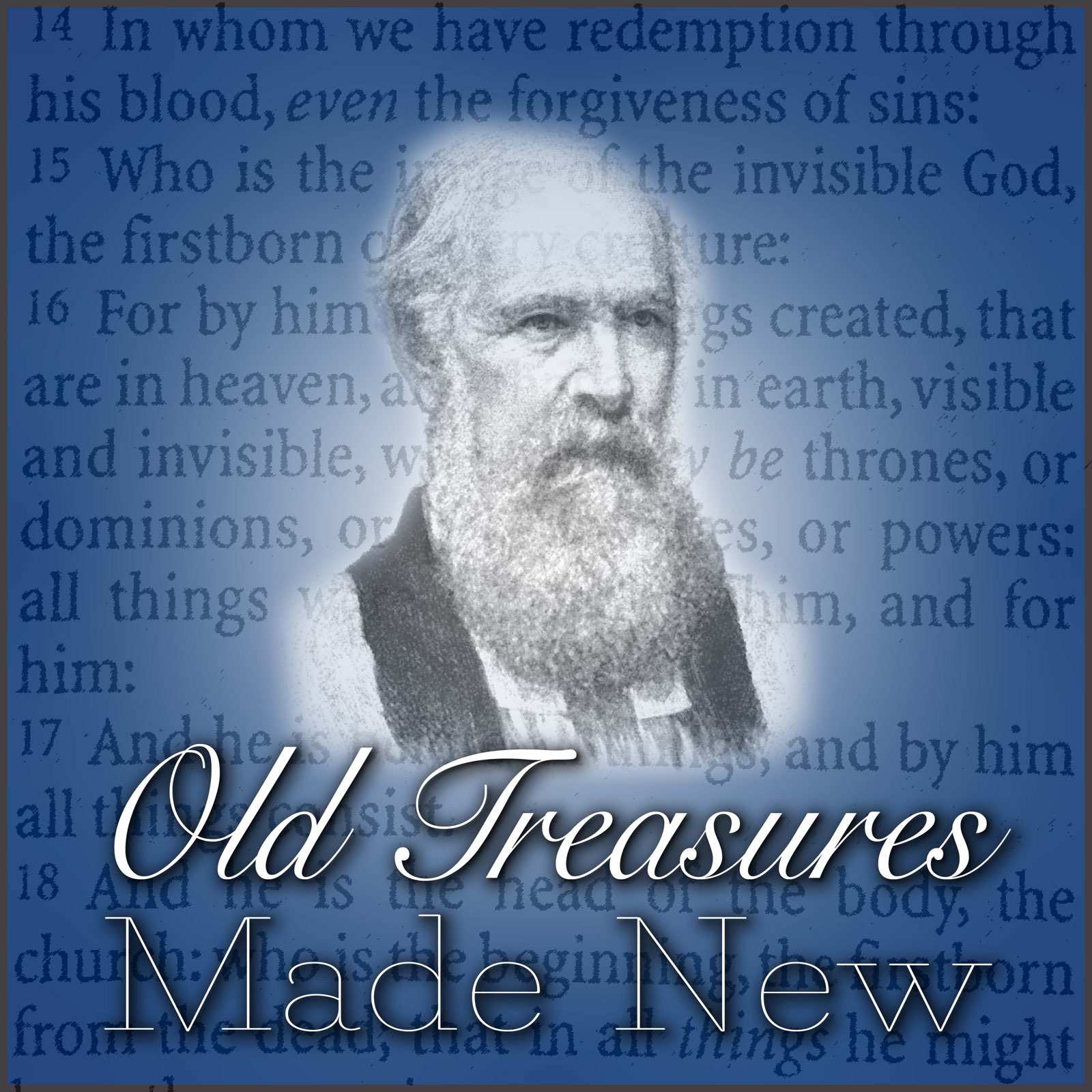Episode 403
John 18:12-27
John 18:12-27
- We should mark the amazing hardness of the unconverted.
- We should mark the amazing condescension of our Lord Jesus Christ.
- We should mark the amazing degree of weakness that may be found in a real Christian.
"Twenty or thirty years of total unbelief, without the influence of Sunday, Bible or Christian teaching, will make a person’s heart hard as stone. Their conscience at last will seem dead, buried and gone."
"To suffer for those whom we love and who are in some sense worthy of our affections is suffering that we can understand. To submit to ill-treatment quietly when we have no power to resist is submission that is both graceful and wise. But to suffer voluntarily when we have the power to prevent it and to suffer for a world of unbelieving and ungodly sinners, unasked and unthanked—this is a line of conduct which passes understanding."
"Few are aware, perhaps, how much more they fear the face of those whom they can see than the eye of God whom they cannot see."
Questions:
- We see, in the example of those who arrested Jesus, and saw the miracles of the soldiers falling back, and the ear of Malchus being healed, a hardness of heart. Ryle points out that such an example with Christ should not surprise us when we see it today. And so, we need to ask ourselves: are we surprised at the hardness of heart we see in those around us who do not believe?
- We see the condescension of Christ as He, the King of kings, willingly submits himself to be judged by wicked men all the while knowing all things and able to escape in a moment. This is a doctrine, Ryle says, that must be understood and not forgotten. Jesus Christ not only gave himself for us but did so willingly. Would we not take up one of these passages - 2 Corinthians 5:21 or 1 Peter 3:18 - and memorize and meditate upon it?
- We see in the example of Peter how far one can fall who is a true Christian. Peter had just heard the most touching teaching and the most personal prayer and yet denied Christ only hours later. Ryle exhorts us to watch out for the dangers of pride and self-reliance and the fear of others. He warns that few are aware how much more they fear the face of those whom they can see than the eye of whom they cannot see. Would we pray for a distrust in ourselves, and would we ask God that His name would be holy in our lives?


